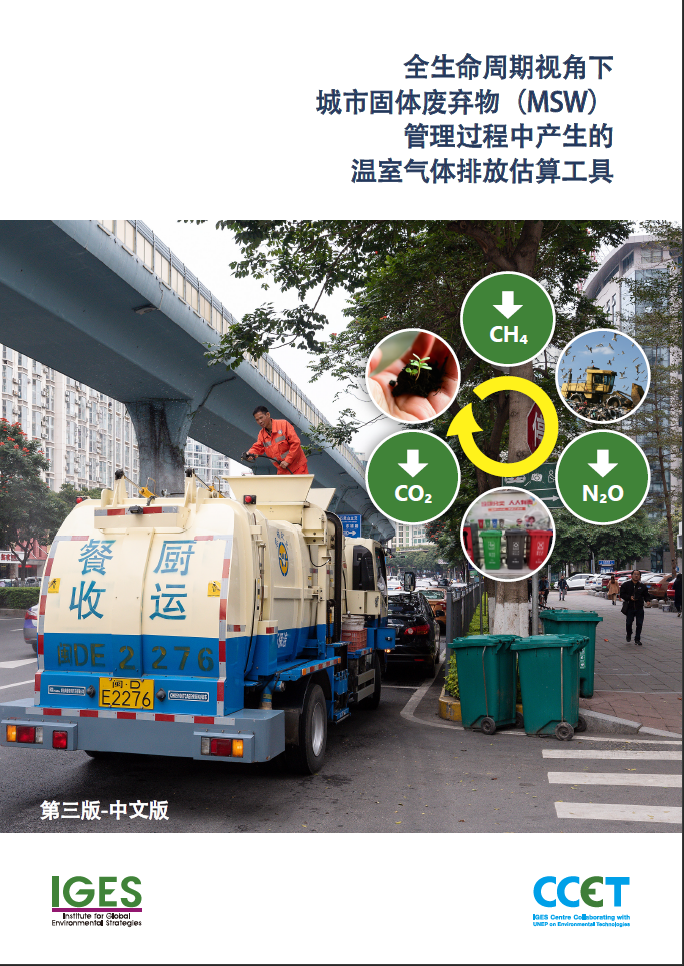文章列表 > 文章详情

Review: Integrating Healthcare Factors Into Climate Decisions in China Salon
admin 2018/01/19
 On January 8th, The Rock Environment and Energy Institute held the salon Integrating Healthcare Factors Into Climate Decisions in China in Beijing. The keynote speeches addressed ways to include health care concerns into the current climate change policy decision-making in China. Insights were shared about the United Nations Framework Convention on Climate Change (COP23), as well as The Lancet Countdown: Tracking Progress on Health and Climate Change. The attendees were a diverse mixture of members from non-governmental organizations, foundations, media, and government agencies.
Professor Pan Xiaochuan from Peking University’s School of Public Health introduced a historic perspective on the causes of climate change. Dr. Pan outlined the progress of scientific research in the field and identified several macro-level climate change concerns that are detrimental global health: 1) Increased extreme weather, 2) Increased greenhouse gases leading to global warming, and 3) The influence of increased human activity on global warming. Dr. Pan drew the conclusion that climate change and public health are closely linked.
REEI’s Zhao Ang and Lin Jiaqiao shared their views respectively on two topics: the health effects of climate change and social justice challenges in the transition to green energy.
Director Zhao Ang discussed the findings of the Lancet Countdown on climate change and health tracking. He analyzed the following aspects of the report: health hazards caused by climate change, effective to measures to adapt to climate change, energy industry structure, global travel patterns, and diet differences between countries.
Deputy Director Lin Jiaqiao gave an introduction to the complex relationship between climate change, the energy industry’s transition from coal-power, and health. Lin presented the health and energy initiatives currently being conducted by REEI and shared his experience of Germany’s energy transition. The talk also included social justice concerns in energy transitioning. Lin stressed the consequences of failing to develop energy policies that take into consideration environmental, social, and health concerns.
On January 8th, The Rock Environment and Energy Institute held the salon Integrating Healthcare Factors Into Climate Decisions in China in Beijing. The keynote speeches addressed ways to include health care concerns into the current climate change policy decision-making in China. Insights were shared about the United Nations Framework Convention on Climate Change (COP23), as well as The Lancet Countdown: Tracking Progress on Health and Climate Change. The attendees were a diverse mixture of members from non-governmental organizations, foundations, media, and government agencies.
Professor Pan Xiaochuan from Peking University’s School of Public Health introduced a historic perspective on the causes of climate change. Dr. Pan outlined the progress of scientific research in the field and identified several macro-level climate change concerns that are detrimental global health: 1) Increased extreme weather, 2) Increased greenhouse gases leading to global warming, and 3) The influence of increased human activity on global warming. Dr. Pan drew the conclusion that climate change and public health are closely linked.
REEI’s Zhao Ang and Lin Jiaqiao shared their views respectively on two topics: the health effects of climate change and social justice challenges in the transition to green energy.
Director Zhao Ang discussed the findings of the Lancet Countdown on climate change and health tracking. He analyzed the following aspects of the report: health hazards caused by climate change, effective to measures to adapt to climate change, energy industry structure, global travel patterns, and diet differences between countries.
Deputy Director Lin Jiaqiao gave an introduction to the complex relationship between climate change, the energy industry’s transition from coal-power, and health. Lin presented the health and energy initiatives currently being conducted by REEI and shared his experience of Germany’s energy transition. The talk also included social justice concerns in energy transitioning. Lin stressed the consequences of failing to develop energy policies that take into consideration environmental, social, and health concerns.





